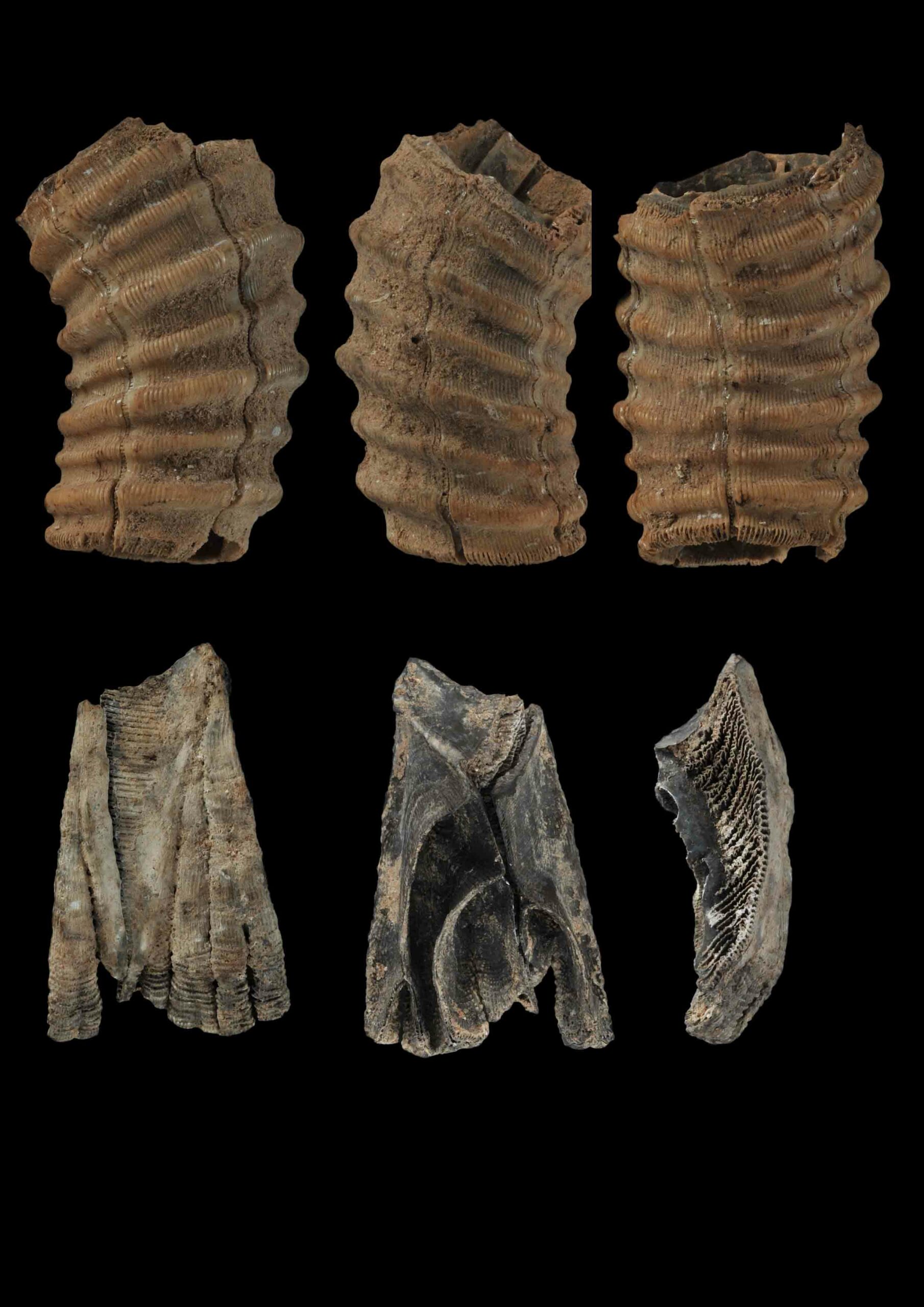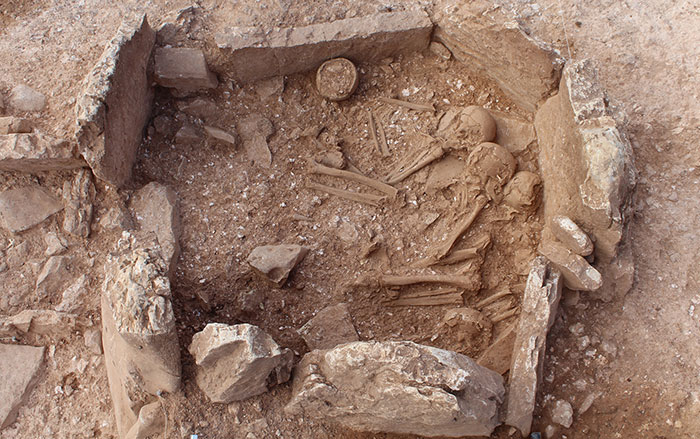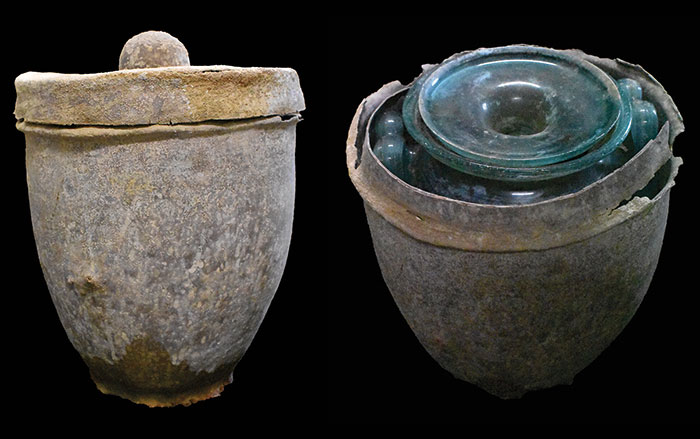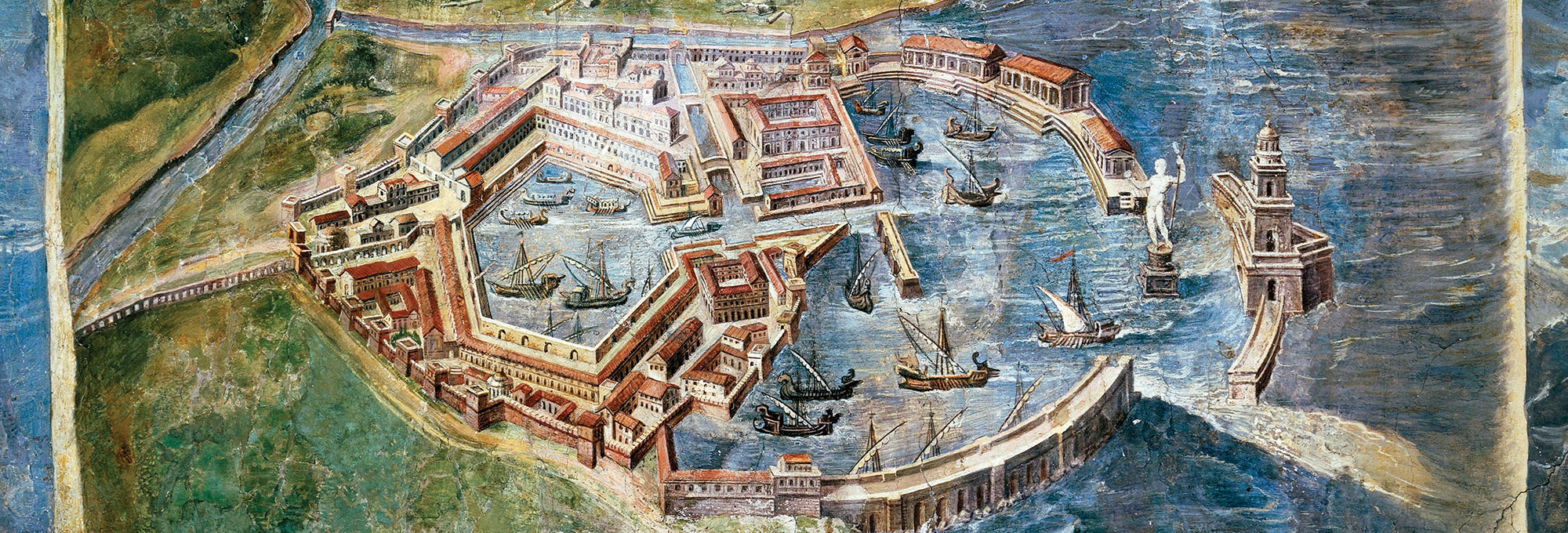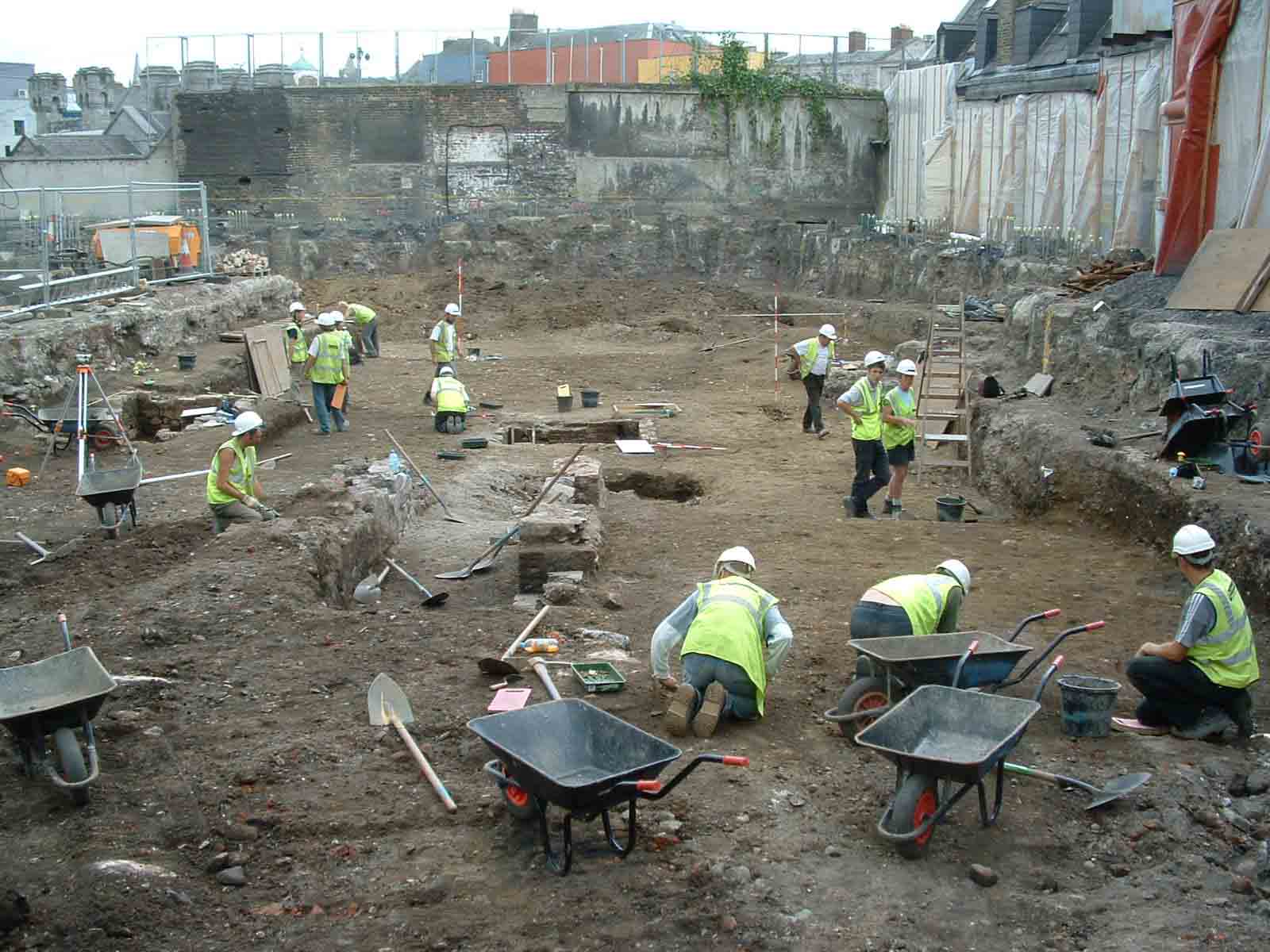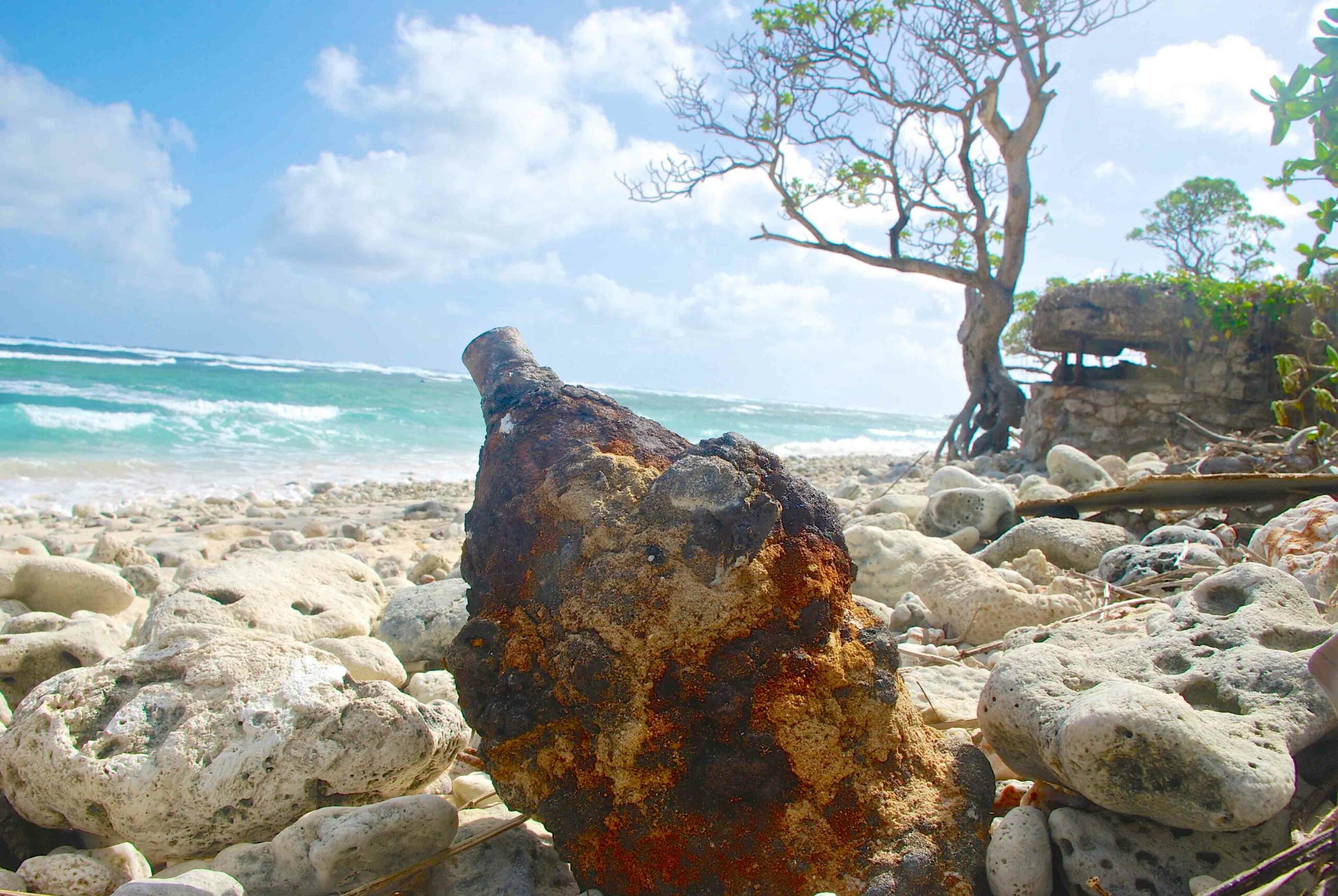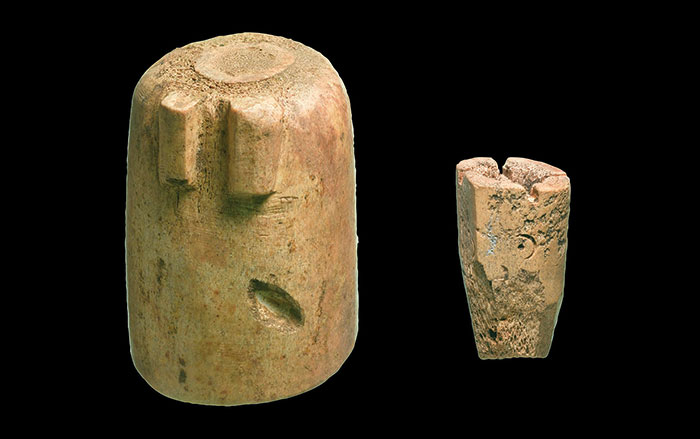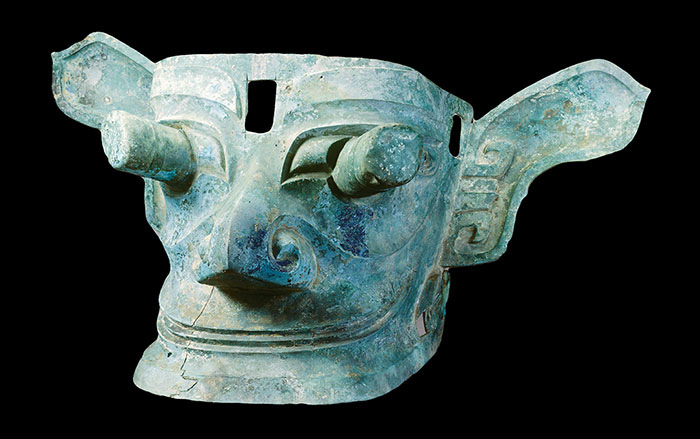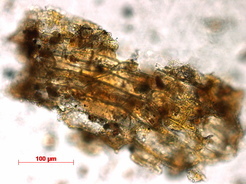
LEIPZIG, GERMANY—Analysis of dental calculus on 18,000-year-old teeth found in Spain’s El Mirón Cave indicates that Magdalenian hunters ate a variety of plant foods and mushrooms, in addition to meat from red deer and ibex. Robert Power of the Max Planck Research Group detected a diverse assemblage of microremains in the dental calculus using optical and scanning electron microscopy with energy-dispersive X-ray spectroscopy. “These types of microremains show that the individuals at El Mirón consumed a variety of plants from different environments, as well as other foods, including possibly bolete mushrooms,” he said in a press release. “This finding at El Mirón Cave could be the earliest indication of human mushroom use or consumption, which until this point has been unidentified in the Palaeolithic,” Power concluded. To read about a similar discovery, see "Bone Analysis Shows Gravettian People Ate Mammoth."


